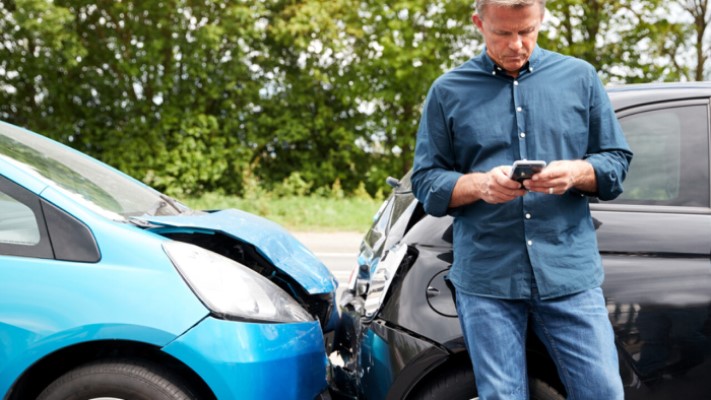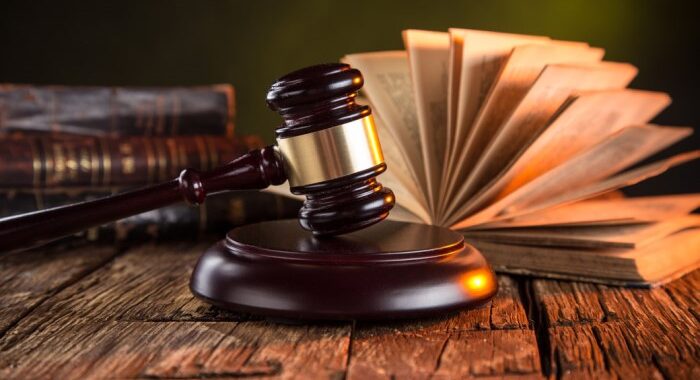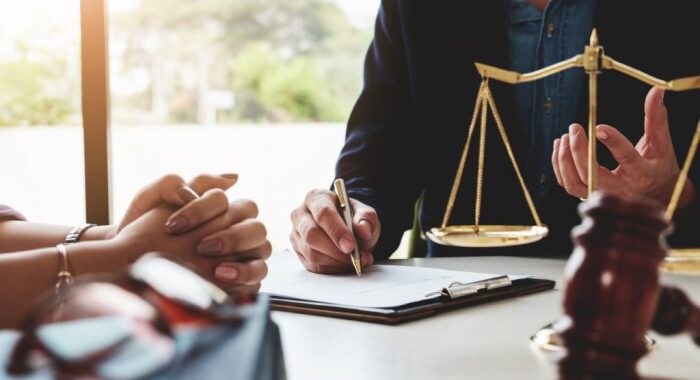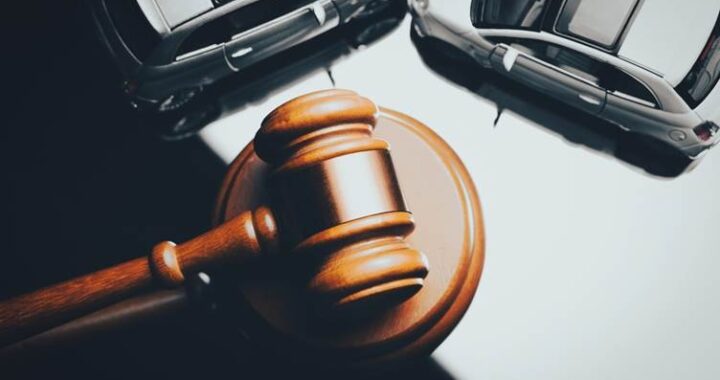3 Things To Know When You Are A Passenger Involved In A Car Accident

Accidents can happen to any one of us, and they’re often unexpected and traumatic. It’s even more stressful when you’re a passenger in a vehicle. You might think that as a driver, you’re most likely to be part of a crash. But that’s not the whole picture. Passengers are often involved too.
The reality is that anyone can be a passenger in a car accident at any time. When you are a passenger in an accident, you are usually a passive participant in it. This makes you especially vulnerable. It’s important to know what to do if you find yourself injured in an accident and possibly experiencing a loss of income. Before you call a law firm like Lamber Goodnow Tucson, you should read on for some tips on what to do.
1. Check for injuries
The moments following a car accident can be a blur, filled with shock and confusion. However, it’s critical to stay as calm as possible. The first thing to do is to check yourself for any injuries. Are you hurt? Can you move? Be careful not to make any movements that might worsen a possible injury.
Once you’ve checked yourself, see if you can check on others. This includes the driver and any other passengers in your car, as well as anyone in other involved vehicles. If anyone seems seriously injured, try not to move them unless they are in immediate danger, like from a fire.
2. Know your rights
Understanding the legal aspects of a car accident as a passenger can be tricky, but it’s important to remember that you have rights. First and foremost, you have the right to be safe when traveling in a car. If this right has been violated due to the negligence of a driver, you have the right to seek compensation for any injuries or damages incurred.
As a passenger, you could be asked to provide a statement or testimony about what occurred. You should be truthful and provide as much detail as you can recall. However, if you feel uncomfortable or unsure, you have the right to get a lawyer before making any statements. It’s not unusual to be confused after an accident so it’s best to not say anything that could be misinterpreted or factually untrue due to confusion.
3. Dealing with insurance
At some point you will need to deal with an insurance company. Since you were not at fault you should be eligible for compensation for injuries or lost wages. However, dealing with insurance companies can be very frustrating. Their aim is to pay the minimum and love to make things difficult.
One key thing is to communicate carefully with any insurance companies involved. Be honest, but avoid making definitive statements until you understand your rights and the specifics of the situation. If necessary, consult with a lawyer before discussing the incident with insurance adjusters.
Make sure to call your own insurance company, that of the driver of the vehicle you were in, and the company of the other driver.

 Pedestrian Safety Tips: Avoiding Accidents on the Road
Pedestrian Safety Tips: Avoiding Accidents on the Road  Peace of Mind After a Nightmare: Truck Accident Law and Your Well-Being
Peace of Mind After a Nightmare: Truck Accident Law and Your Well-Being  6 Benefits of Hiring the Best Car Accident Lawyer
6 Benefits of Hiring the Best Car Accident Lawyer  Common Myths about Auto Accident Claims
Common Myths about Auto Accident Claims